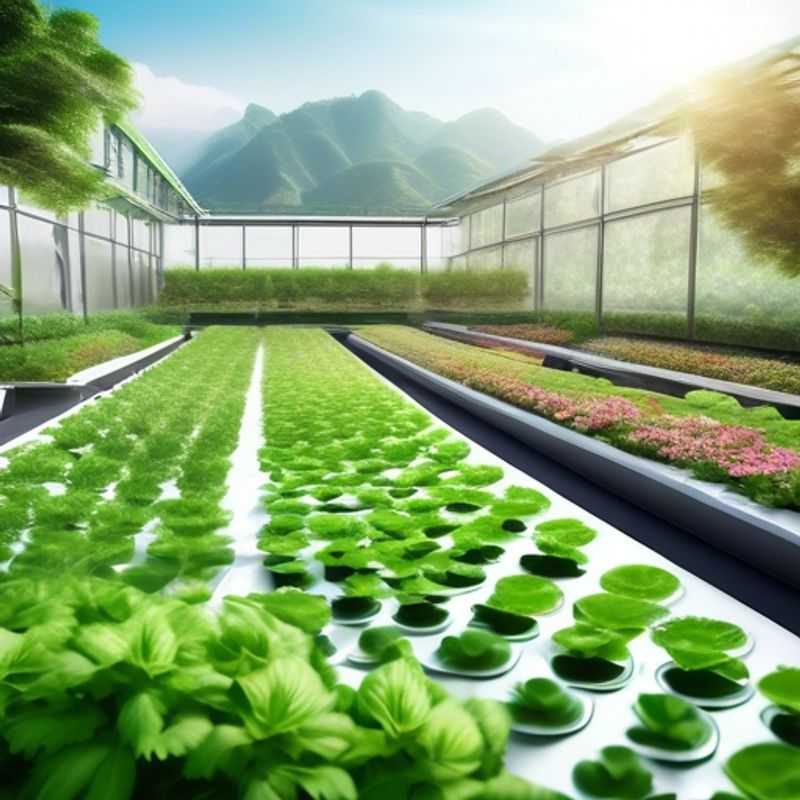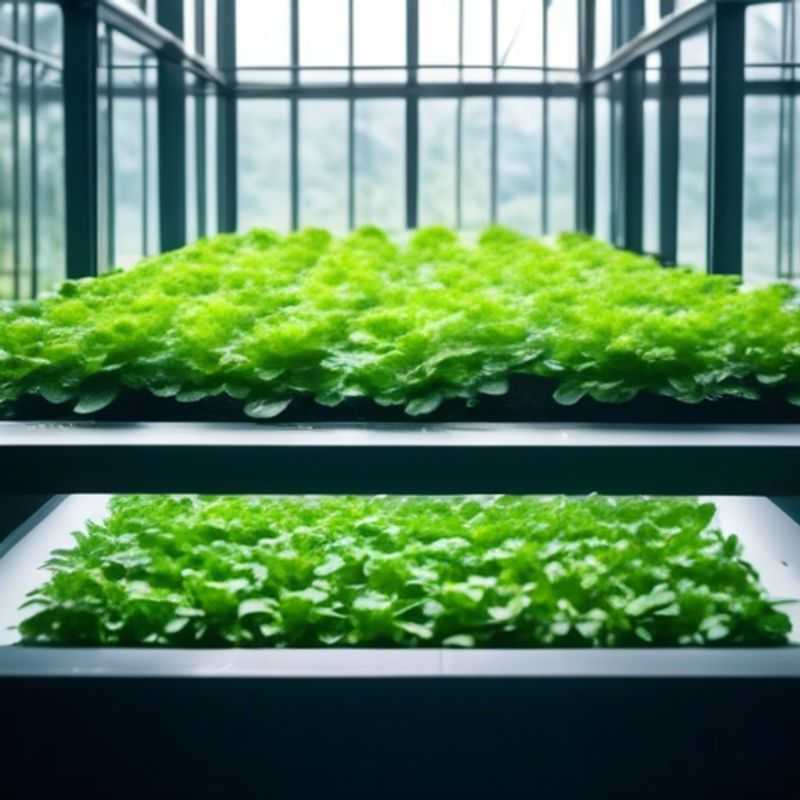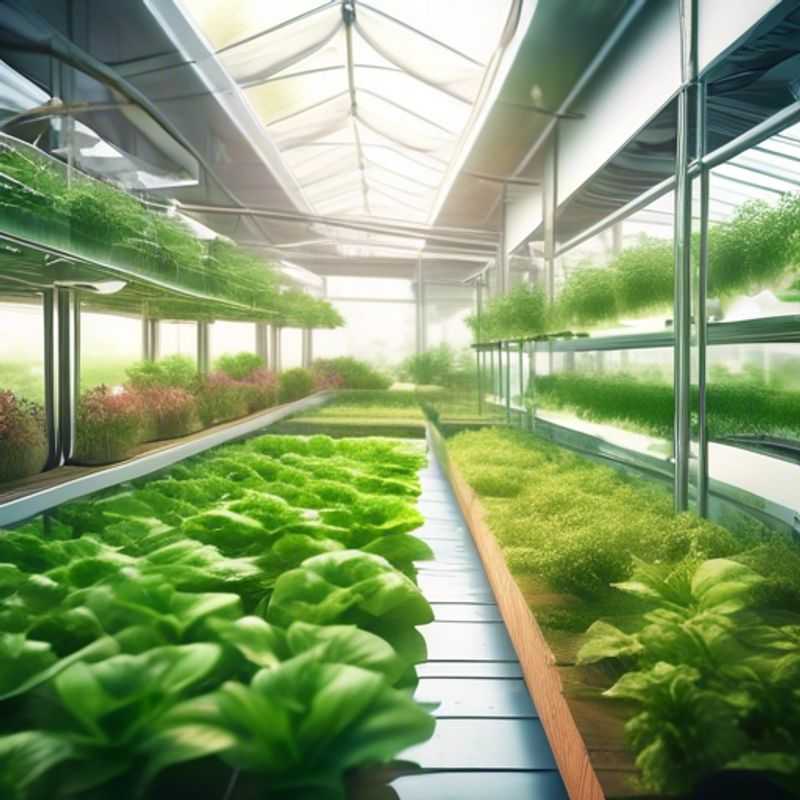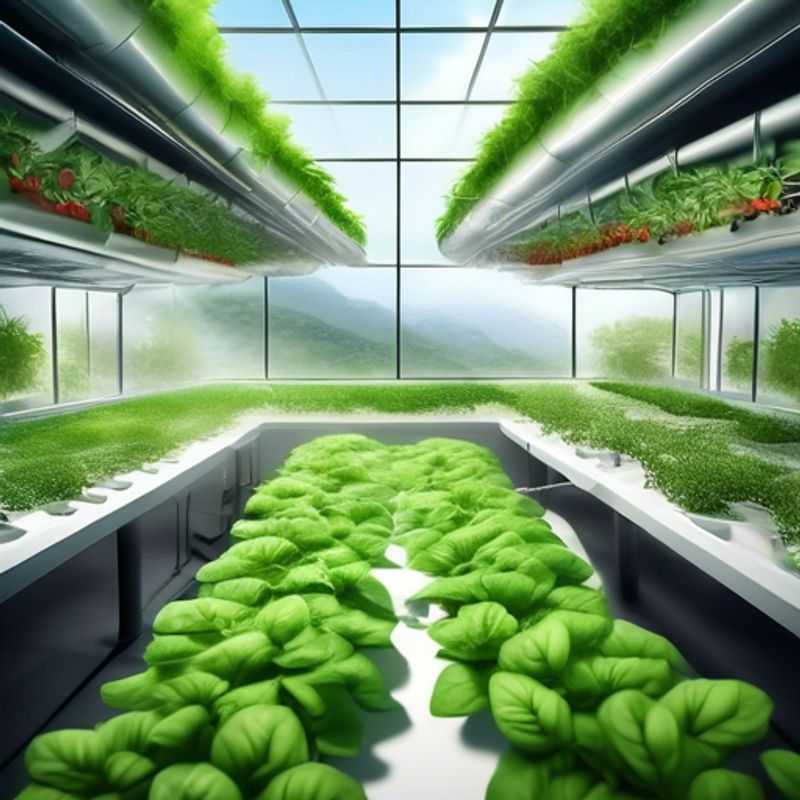Top 3 Things to Know Before Buying a Hydroponic Herb Garden

Hydroponic Herb Garden Success: 3 Must-Know Essentials
Hey there, green thumbs! So you're thinking about bringing the magic of hydroponics into your home with a herb garden. That's awesome! But before you dive headfirst into the world of water-based growing, there are a few key things you need to know. Let's break down the top 3 things to consider:
1. **Understand the different types of hydroponic systems and their requirements.**

Unlocking Hydroponics: A Guide to System Types and Their Needs
Hydroponics is the art of growing plants without soil, using nutrient-rich water solutions. There are several hydroponic systems, each with unique advantages and requirements.
Deep Water Culture (DWC) is a simple system with plants rooted in an oxygenated water reservoir. It’s easy to maintain, but requires frequent water changes and can be susceptible to root rot.
Nutrient Film Technique (NFT) uses a thin film of nutrient solution flowing past the roots. It offers excellent growth, but needs constant power for the pump and requires careful pH and nutrient balance.
Ebb and Flow (Flood and Drain) system periodically floods the root zone with nutrient solution. This system is relatively simple, but requires a timer and a reservoir for the solution.
Aeroponics suspends plants in the air with nutrient mist spraying onto roots. This system promotes fast growth, but requires precise environmental controls and can be more complex to maintain.
Wick System uses a wick to draw nutrient solution up to the roots. It’s suitable for small plants, but can be less efficient than other systems.
Choosing the right hydroponic system depends on your needs, space, and budget. For beginners, the DWC or Ebb and Flow systems are generally recommended due to their relative ease of use. However, all systems require proper maintenance, including regular cleaning, pH and nutrient adjustments, and monitoring of environmental conditions.

Hydroponic Herb Garden: Which Herbs Thrive in Water?
Hydroponics, a method of growing plants without soil, provides a controlled environment for nurturing herbs. When selecting herbs for your hydroponic garden, consider their growth habits and water needs. Basil, cilantro, mint, parsley, oregano, rosemary, and thyme are commonly grown herbs that thrive in hydroponic systems.
Basil, with its adaptability to various conditions, is a popular choice for hydroponic gardening. Cilantro, with its delicate flavor and short life cycle, benefits from the controlled environment of hydroponics. Mint, a fast-growing herb, can be successfully cultivated in hydroponic systems, while parsley, with its nutrient-rich requirements, can be effectively grown with proper nutrient solutions.
Oregano, a flavorful and hardy herb, is suited for hydroponics, and rosemary, with its tolerance to drought, can be grown in hydroponic systems. Thyme, a versatile herb, thrives in a controlled environment and is a good choice for hydroponic gardening.

Hydroponic Herb Garden Essentials: The Equipment and Supplies You Need
Hydroponic gardening is a unique way to grow herbs indoors, offering greater control and potentially higher yields than traditional soil-based methods. To ensure success, it's crucial to have the right tools and materials. Think of it like equipping your kitchen for a successful culinary journey. You'll need a hydroponic system, a suitable grow light, nutrients, and a pH meter.
The type of hydroponic system you choose will depend on your space, budget, and experience level. Popular options include deep water culture (DWC), ebb and flow, and wick systems. Each system has its own pros and cons, so research is key.
Adequate lighting is critical as herbs require a certain amount of light to thrive. LED grow lights are a great choice for their energy efficiency and ability to produce the spectrum of light needed for optimal growth. A pH meter will help you measure the acidity or alkalinity of the nutrient solution, which is crucial for plant health.
Hydroponic nutrients are specifically formulated for plants grown without soil. They provide the essential elements plants need to grow and flourish, ensuring optimal yields. Remember, starting a hydroponic herb garden can require an initial investment in equipment and supplies, but the rewards of fresh, homegrown herbs are well worth the effort.
